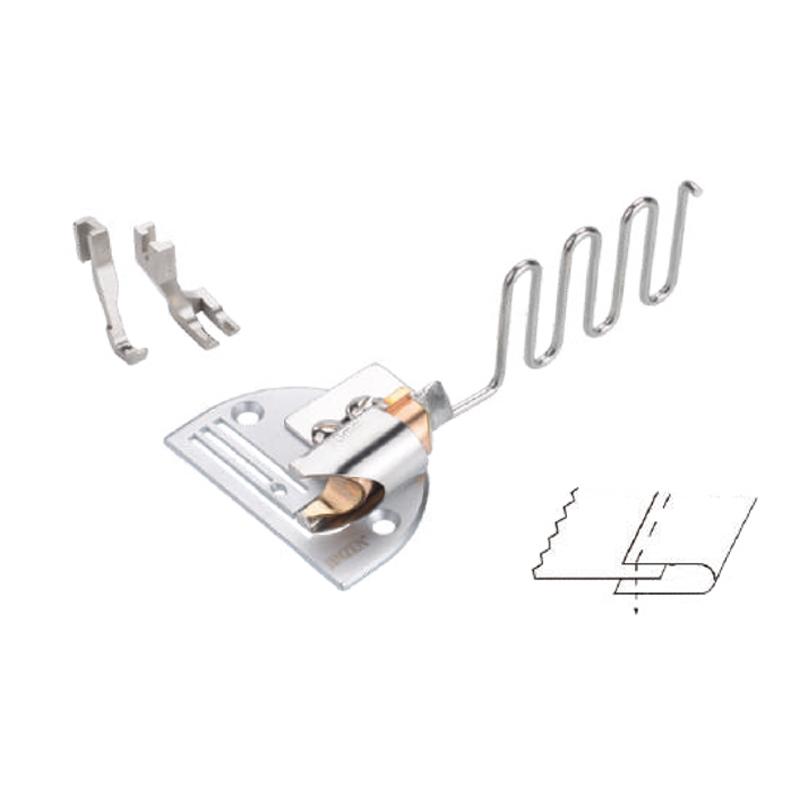Industrial sewing machines are essential equipment in garment production and the textile industry. As a manufacturer of sewing machine spare parts, understanding the needs of users and the demands of the industry is crucial to designing and producing components that ensure reliable machine performance and minimize downtime.
One important focus during the manufacturing process is the precision of parts. Components such as needles, bobbins, feed dogs, and tension disks must meet strict dimensional standards to fit accurately within various machine models. This attention to detail helps prevent operational issues and reduces the need for adjustments or repairs after installation. Manufacturers invest in quality control processes to ensure that each part adheres to specifications, which in turn supports consistent sewing quality for end users.
Material selection is another key factor. Spare parts must withstand repeated use in high-speed, continuous operations typical of industrial settings. Durable materials such as hardened steel, alloys, and corrosion-resistant coatings are commonly used to improve the lifespan of components. Manufacturers consider both strength and wear resistance when choosing materials to balance durability with cost-effectiveness. This approach helps deliver parts that maintain their function without frequent replacement, supporting users’ productivity.
Flexibility in production is also essential. Industrial sewing machines vary widely in type and model, and manufacturers must offer a range of spare parts compatible with these variations. This requires comprehensive research and collaboration with machine makers and users to understand evolving requirements. Producing adaptable components that fit multiple models helps meet diverse market needs and simplifies sourcing for maintenance teams.
In addition to physical parts, manufacturers often provide technical support and guidance. Clear installation instructions and compatibility information help users select the correct parts and install them properly. This reduces errors and enhances satisfaction, while also building trust between manufacturers and customers. Providing responsive after-sales service ensures issues can be addressed quickly, minimizing production interruptions.
Sustainability is gaining attention within manufacturing processes. Some producers focus on environmentally responsible practices, such as minimizing waste during production or using recyclable materials in packaging. Though this is an emerging area, it reflects growing industry trends that influence purchasing decisions for many businesses.
Looking ahead, manufacturers aim to incorporate new technologies like automation and precision machining to further improve the consistency and efficiency of spare part production. Investing in research and development allows adaptation to changing industry standards and evolving machine designs.
In summary, from a manufacturing standpoint, producing industrial sewing machine spare parts involves a careful balance of precision, material quality, adaptability, and customer support. These factors contribute to the overall reliability and performance of sewing machines in demanding industrial environments. By focusing on these areas, manufacturers help ensure that users can maintain smooth operations and consistent product quality.
